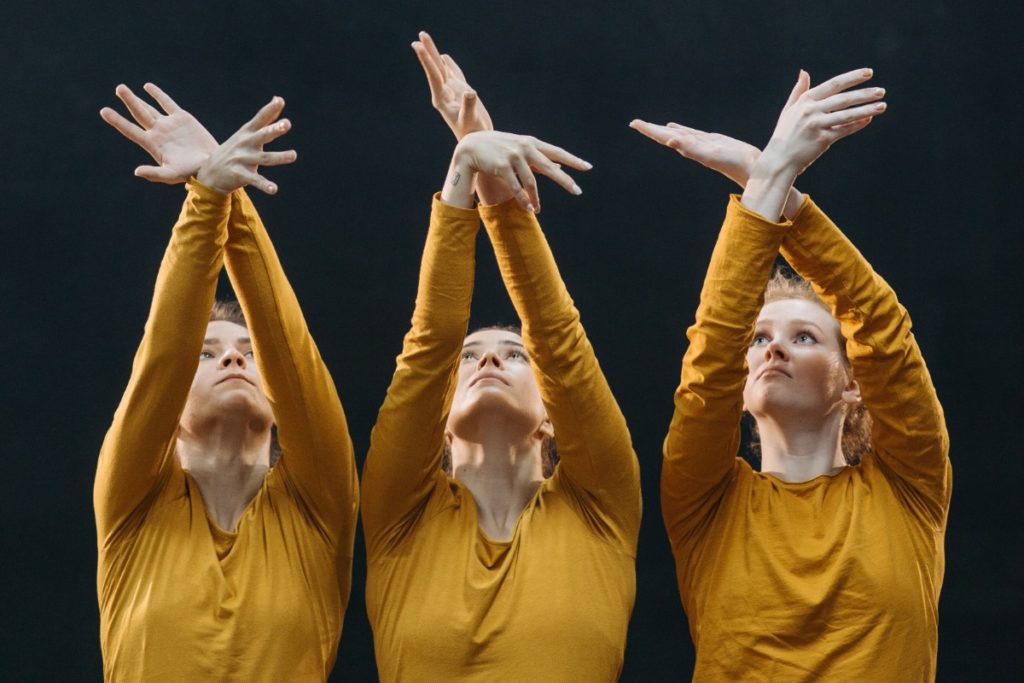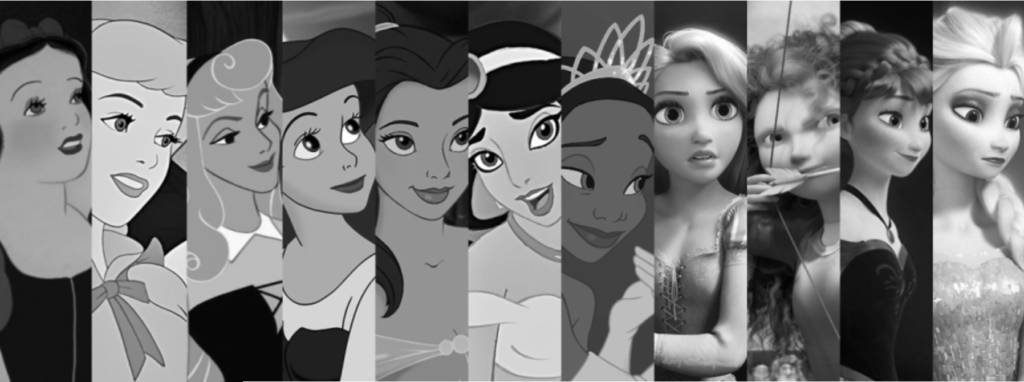
Conversations on Undoing Racism (May 2024)
The DSA began our monthly “Conversations on Undoing Racism” in August of 2020, in response to the events surrounding the murder of George Floyd and the Black Lives Matter movement. We have met every month, except one, since then.
Here is an excerpt from a participant’s email response to a recent session:
THANK YOU for such an engaging conversation this morning! Although I was limited in responding in real time while driving on the road, I so enjoyed considering the nuanced layers and multiple contexts involved in how we conceptualize diversity; several of you brought forward such interesting points and reflections on the videos and articles Dawn shared – much food for thought here!!
I also continue to appreciate each individual’s personal experience, wisdom, and willingness to share her own perspective; I find this kind of authentic dialogue ESSENTIAL in moving the needle forward during our times…
The above comment describes how I often feel after these conversations.
We have a small, committed group of around 8 – 10, five to six of whom come very regularly. The sessions are open to all DSA members, their friends and acquaintances. We have been meeting the last Sunday of each month on Zoom, from 10-11 AM, Eastern Time.
The sessions are not recorded, but I take notes. For our session in April, I had prompted the group to watch a couple of videos about “The Doll Test.”

The Doll Test was designed by Kenneth Bancroft Clark and his wife, Maimie Phipps Clark, two African American psychologists, who ran experiments in the 1940s to measure what they hypothesized were the psychological effects of segregation on Black children. The Clarks’ “Doll Study” became the first psychological research to be cited by the US Supreme Court in its decision to end school segregation; it was notably influential in the Brown vs Board of Education decision.
The findings pointed to Black children’s perceptions that White dolls were preferable, nicer, prettier/more attractive than Black dolls, even though the children correctly perceived themselves as Black. Another Black educational professional, Dr. Toni Sturdivant, ran a related study in 2021 and found similar results.
In our discussion about these videos and this phenomenon, one of the participants shared her experience as a White woman living in the US Virgin Islands, a predominantly Black society, and explained that she was surrounded by “Black Excellence,” and a sense that Blackness was truly celebrated. She said that melanin – the substance in our bodies that produces skin, eye, hair pigmentation – is celebrated. I imagine that running the doll test in that community would demonstrate very different results.
During our conversations, we weave our experiences as music educators into our discussions. We ask the question, “What can we do, as music educators, to move our society forward toward “undoing racism?

One teacher shared the following anecdote: in a NYC high school, the music teacher was not thrilled with the chosen Disney theme for a choir production. So, she chose to use the opportunity to address, with her students, the Disney princess stereotypes. She had her students watch and discuss a video about “The Doll Test.” Then she asked them to reflect on the historical representations of characters such as princesses, and to consider how these representations did or did not reflect their own identities. She then invited the students to invent their own version of a princess, allowing them to include their cultural identities, such as racial, LGBTQ+ and non-binary identities. This story inspired hope and a sense of optimism among our participants.
Our conversations have broadened to include diversity, equity and inclusion topics other than race; we have read articles and discussed issues of ableism, gender and different kinds of bias, including the bias that places musical genres into a hierarchy, with classical music on top. We have shared how heartening it is to witness the increasing diversity taking place within music institutions and the hope that we are, indeed, moving forward toward undoing racism.
Come join our conversation. We meet at this Zoom link on the fourth Sunday of each month, 10 – 11 am, Eastern Time.